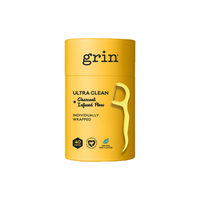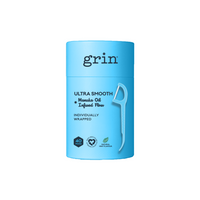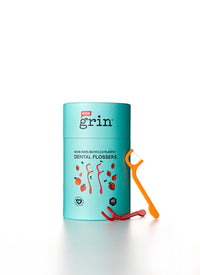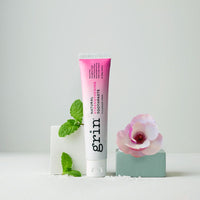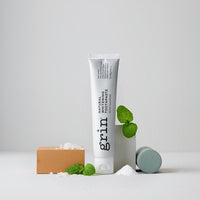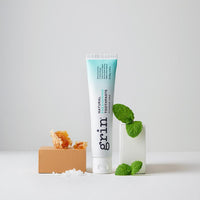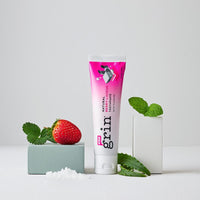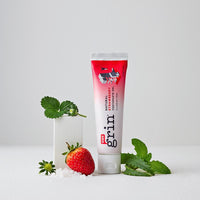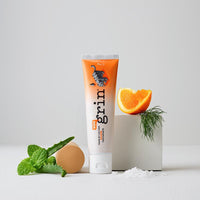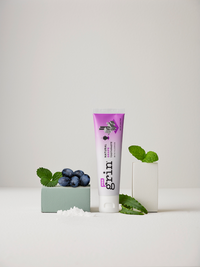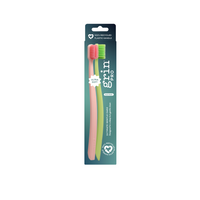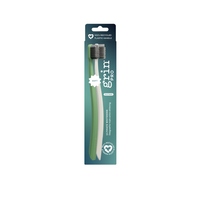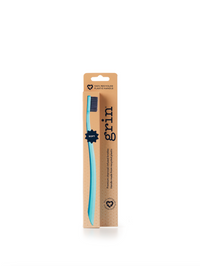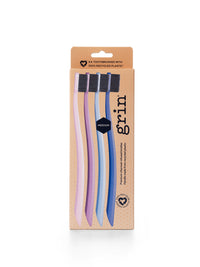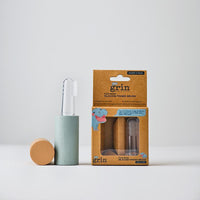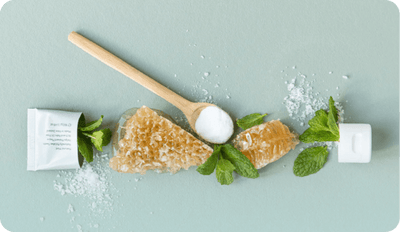3 things you didn’t know about Palm Oil! Why choosing a Palm Oil Free toothpaste could be your effort in saving the orangutans?

When it comes to the purchasing of products, most of us would want to make decisions that not only support our own health but those which also do right by our planet as well. Unfortunately, it’s not always an easy task in understanding exactly what’s inside the products we buy. Take for example when you buy toothpaste; do you ever read the ingredient list? Not all toothpastes are made equal or are completely natural as they claim to be.
Palm oil is an ingredient that many people are increasingly choosing to avoid. The main reason for this is that even though it is safe for human consumption, the impact of producing it is incredibly damaging to our environment.
Because palm oil is collected from palm trees, the global supply now comes from around 42 countries around the world and the production process is a major cause of deforestation in some of the world’s most biodiverse forests which is invariably destroying the habitats of already endangered species.
If you are keen to play your part in reducing this devastation, here are three things to keep in mind which may help you make conscious choices when it comes to selecting products for your home or family.
1. Palm oil is contained in approximately 50% of products within New Zealand
Because of its versatility and smoothness of texture, palm oil appears in a wide range of products that you might not have even considered such as snack bars, biscuits, and dairy spread, to shampoo, soap, and detergents.
The vast number of products that actually include palm oil is concerning when you learn just how devastating the production of it is to animals such as the orangutan, elephant, and tiger. In the last 20 years alone, over 3.5 million hectares of Indonesian and Malaysian forest have been destroyed in order to produce palm oil, taking with it around 80% of the world’s orangutan habitat. We are losing over 6000 beautiful orangutans a year, and there are now only 400 Sumatran tigers left on the planet. These are statistics that are too scary to ignore!

2. It’s likely in more packaged food than you realize
As a consumer, you may not even be able to spot palm oil on the packaging as there are no specific requirements for manufacturers to disclose palm oil specifically on product labels. You will usually see it included in an ingredients list as a generic ‘vegetable oil’ which is deceiving.
Some brands will be explicit about whether they have chosen to not use palm oil in their products, so it can help to research their stance. The Orangutan Alliance also has a certification programme, and you’ll often see products that include a certification logo on their packaging to indicate their exclusion of palm oil.
As palm oil is higher in saturated fat (something we are encouraged to limit) than other vegetable oils, comparing the saturated fat content of one product against another could be another way of determining whether a product may include palm oil. It is possible for palm oil to come from sustainably grown plantations - if palm oil is listed, do your research to find out whether it has come from sustainable production or not.

3. It’s not just in food
When thinking about how we can reduce our consumption of palm oil, it’s not the only food we need to consider. Palm oil also appears in much personal care and household products such as body washes, skincare, makeup, and even toothpaste can contain palm oil - but luckily, not all! Grin Natural is one product that is proudly palm oil-free, opting instead to use 100% pure glycerin from soybean and/or rapeseed, or lauryl glucoside, derived from coconut. I always advise that people check the label when selecting products off the shelf. A product like Grin natural earns my trust because the company has the Orangutan Alliance’s seal of approval and Certified as being Palm Oil Free.
Supporting palm oil-free products does make a difference. Every time you take the time to check a label and choose a product that does not include palm oil, you’re doing your bit to conserve our environment and the endangered species that call it home and that’s something to grin together about!
This article is included in Twinkl's Eco-Friendly and Sustainability campaign, and is part of their article Some great ideas to be more sustainable in 2021
About the Author:



